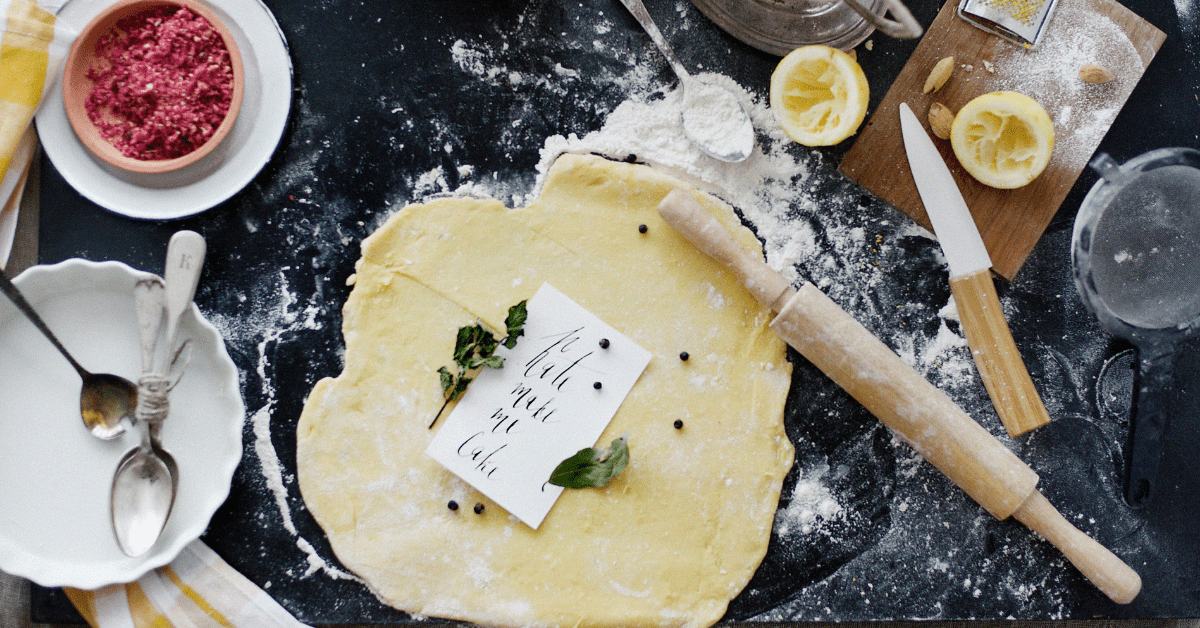Reduce, reuse, recycle. Anyone who’s been in a 5th-grade classroom at any point in the past 25 years has probably heard this slogan at one time in their lives or another. But what are the best ways to keep a zero-waste home?
How to Have a Zero-Waste Home
The first tip to creating a zero-waste home is simple: Be realistic. It won’t help your home or daily routine to try and change up everything in one day, only to burn out and slowly shift back to everything after a few weeks of work. Instead of changing all your habits, try to implement two or three major changes at a time. Or simply make changes room by room.
These are two easy ways to slowly adjust your habits over time. Once your family is comfortable with the new habits, you can add more! Here are some easy places to start to reduce waste in your kitchen:
Throw Out Less
The first step to reducing waste is simply throwing out fewer things. This can start in your kitchen in a few ways.
- Composting. According to the USDA, around 30-40% of our food supply is wasted every year in America. We may not be able to stop food waste entirely, but one step you and your family can take is to reuse as many food scraps as possible. Composting gives your household a great way to put potato skins, carrot tops, and other unwanted food scraps to good use. There are many low-budget as well as small-space options for composting bins for DIY projects, as well as some available for sale online.
- Buy liquid dish soap refills. If your go-to when you’re out of dish or hand soap in the kitchen is to buy another bottle, this tip is for you. Many stores carry options to refill the soap dispensers you already have. Buying one of these larger bags reduces the amount of plastic you’re disposing of and can be more convenient.
- Stop buying paper towels. Paper towels may come in handy for cleaning up messy spills and drying your hands after washing, but all that waste really adds up over time. In fact, paper towels can generate as much as 13 billion pounds of waste annually, according to the EPA. The easy fix here is to simply switch to rags or cloths to clean up and dry off! When you need to wash them, wash a full load of laundry on the cold setting and hang them to dry to save the most energy and further reduce your carbon footprint.
Reducing the waste that comes from our homes is a good first step, but another side of sustainability goes hand in hand with reducing waste: Reusing things we already have in our homes.
Reuse More
Reducing waste is using less of something, but reusing things removes the waste entirely and gives you a more sustainable option to help prevent waste, to begin with. Here are some quick tips to help your home reuse:
- Installing water filtration. Plastic water bottles are so 2020. More and more people have been switching to reusable plastic or aluminum bottles for water, but if you’re someone who has a hard time stomaching tap water, investing in water filtration may be the perfect solution. By installing whole-home water filtration, your family has access to pure water right from the tap. No disposable plastic bottles needed!
- Switch up food storage. Swapping out the things you use to store food helps reduce waste in the immediate and in the long term. Cut back on aluminum foil and plastic wrap by investing in silicone bowl covers and beeswax wraps for food storage. You can also swap out plastic Tupperware for glass containers, which have a longer lifespan than their plastic counterparts.
- Change out your coffeemaker. Thousands of Americans rely on their morning cup of coffee to fuel them during the day. We aren’t suggesting that changes, but an adjustment to how to get that first cup of joe can reduce your waste exponentially. Using a french press to make coffee is a zero-waste alternative to the traditional coffee maker. Not only does a french press reduce your waste by cutting out the need for coffee filters, but they also have a generally small carbon footprint since a french press is traditionally made from metals and not plastic and doesn’t use electricity to work.
Bailey Plumbing Heating Cooling can’t help you make all these adjustments, but we can help your home switch to a whole-home water filtration system to get started with your new, green lifestyle. Contact our team online or by phone at (800) 717-1793 to schedule an appointment today!





